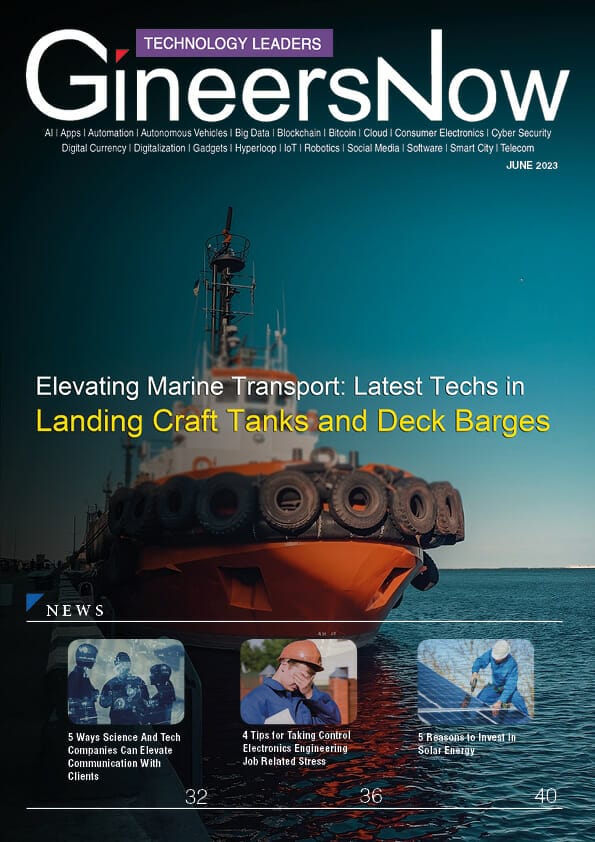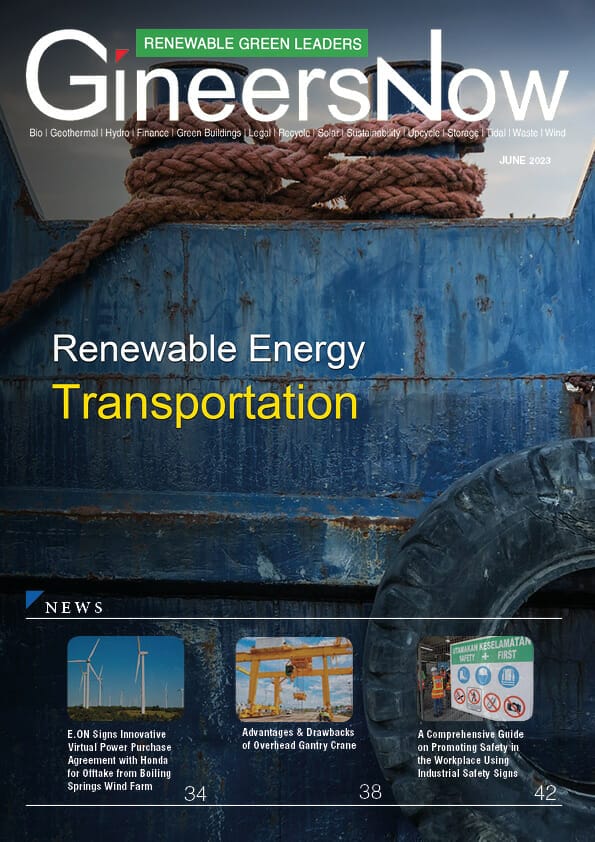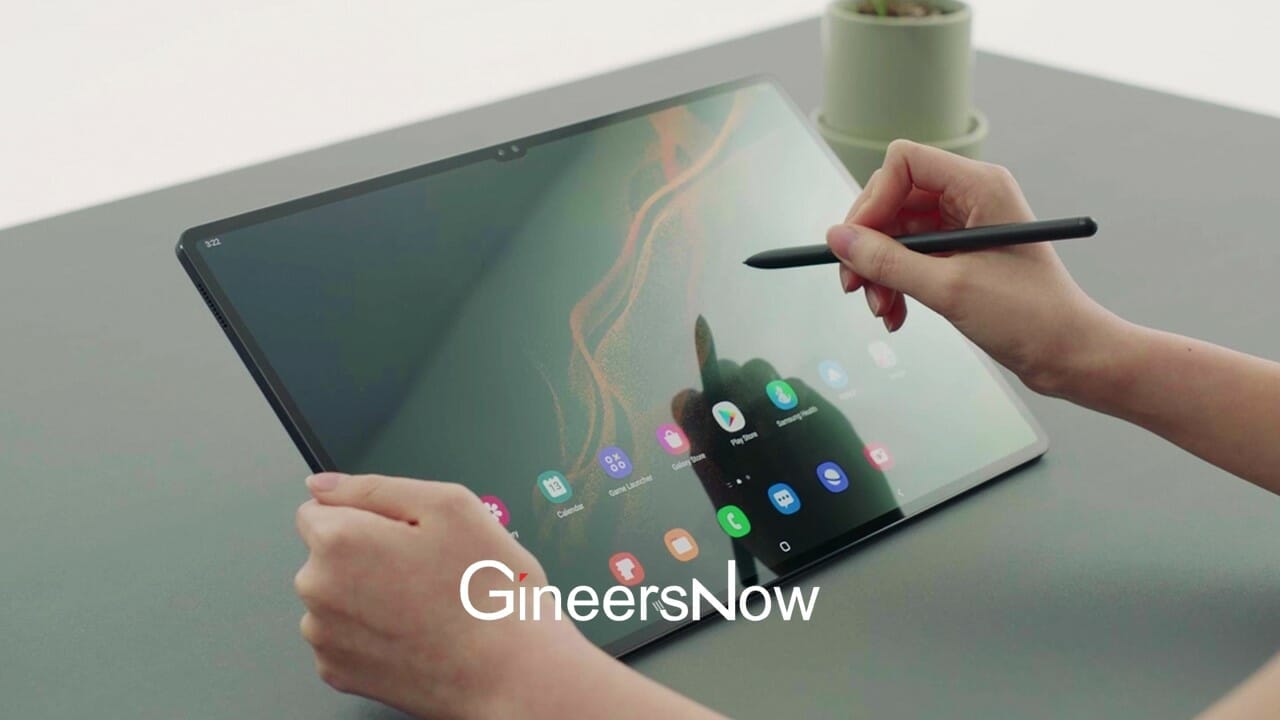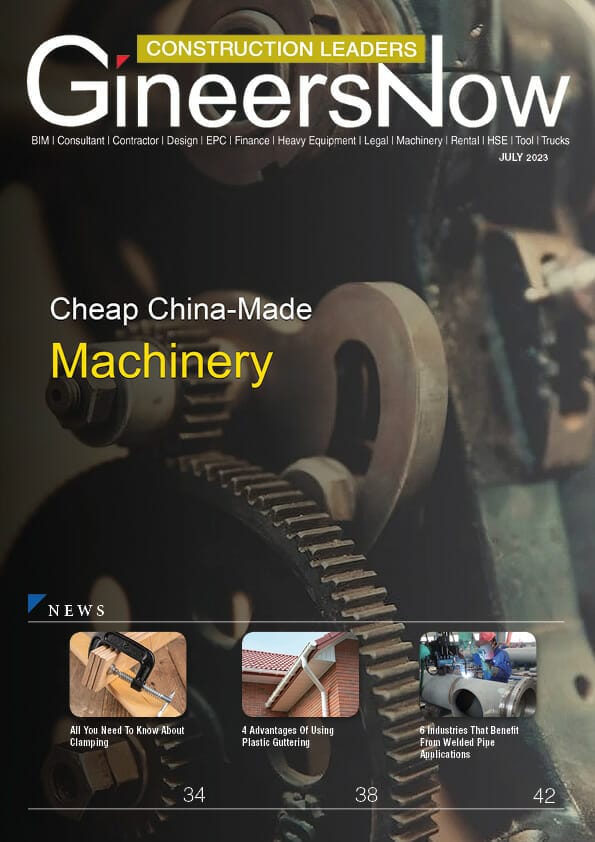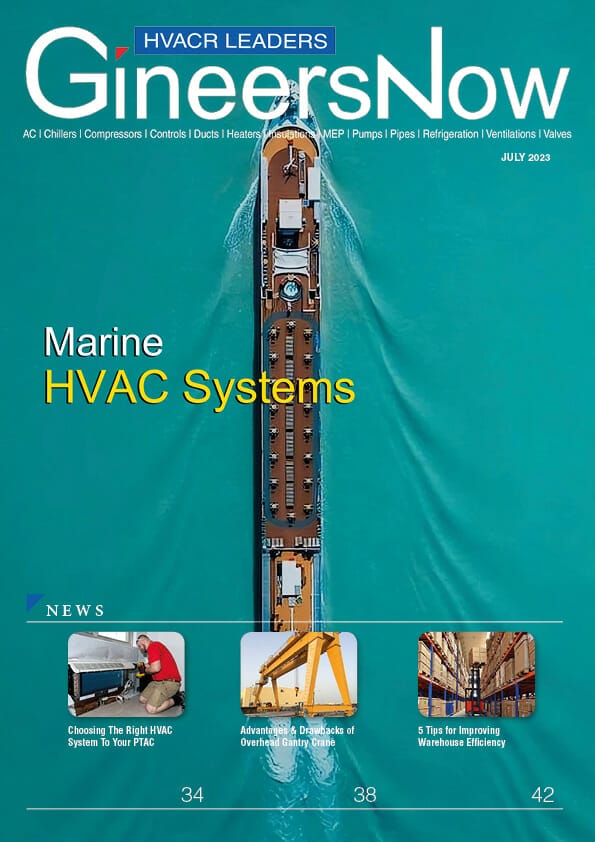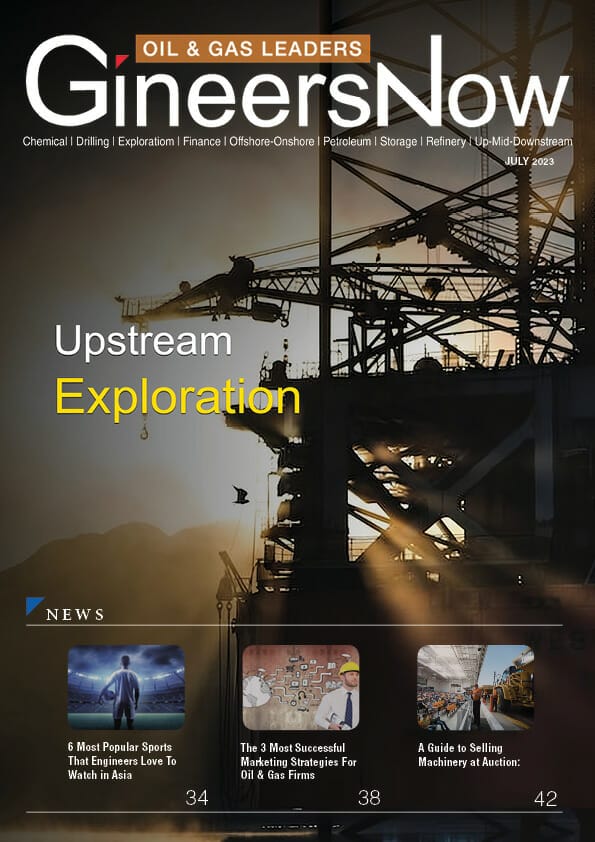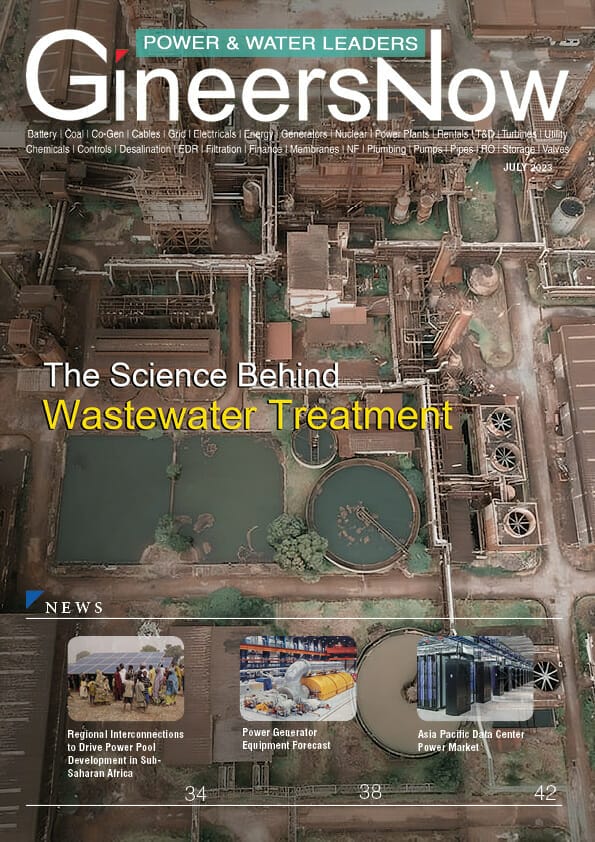Marine transport in the Philippines has been a crucial aspect of global trade and commerce for centuries. The ability to transport goods and commodities over water provides an efficient and cost-effective means of transportation. However, the industry has faced challenges in terms of safety, reliability, and efficiency. As technology continues to advance at a rapid pace, new solutions are emerging to address these issues. In recent years, significant progress has been made in the development of landing craft transport and deck barges. These vessels play a critical role in transporting heavy cargo, such as construction equipment, vehicles, and oil rig components, across waterways. This article will explore the latest technologies being incorporated into LCTs and deck barges that are elevating marine transport to new heights.
Overview of the Marine Transport Industry in the Philippines
The marine transport industry in the Philippines is a vital component of the country’s economy, as it plays a significant role in the transportation of goods and people. One example of this is the use of Landing Craft Transport or LCTs, which are essential for delivering heavy equipment and supplies to remote areas that are inaccessible by land. These vessels have become increasingly popular due to their versatility, allowing them to be used for various purposes, such as transporting construction materials, vehicles, and even military equipment.
Another type of vessel commonly used in the Philippine marine transport industry is the deck barge. These vessels are flat-bottomed boats that are designed to carry large amounts of cargo on their open decks. They can be towed or pushed by tugs and are ideal for carrying oversized items such as heavy machinery, oil rigs, or wind turbine components.
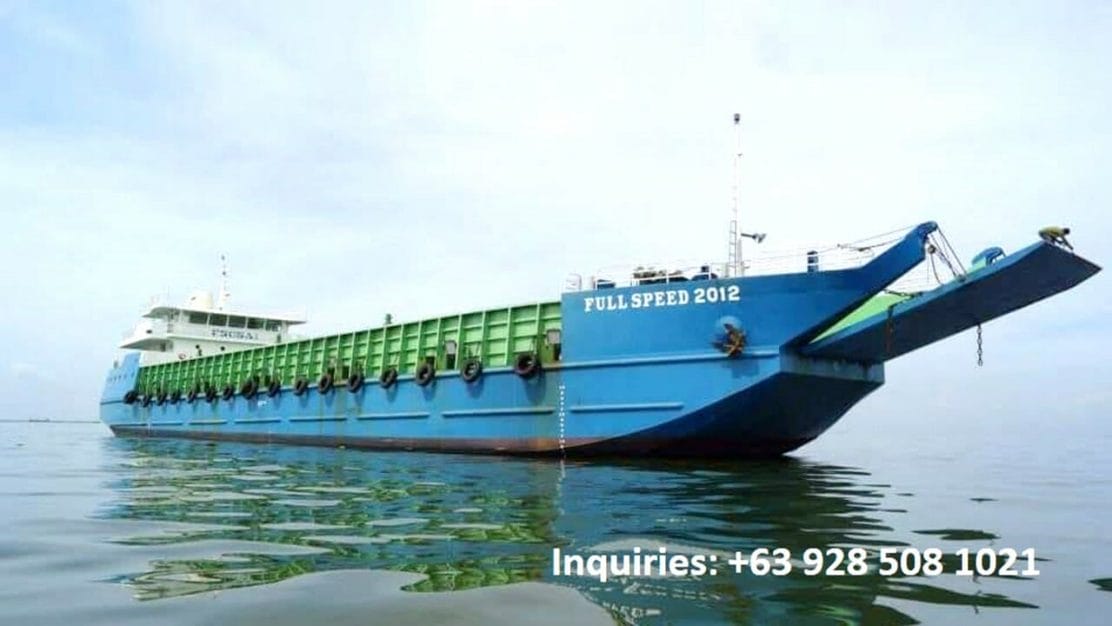
Importance of Landing Craft Transport and Deck Barges in the Philippines
Landing craft transport and deck barges are essential in the Philippines for various reasons. The archipelago nation is made up of 7,641 islands, meaning that transportation by sea is vital to the country’s economy. The islands’ isolation from one another makes it difficult to deliver goods and services via land routes alone. As such, landing craft transport and deck barges play a crucial role in bridging this infrastructure gap.
The use of landing craft transport and deck barges has been instrumental in the development of various industries across the country. For instance, these vessels facilitate trade between different regions within the country by transporting goods across water bodies such as rivers, bays, and seas. Additionally, they have enabled businesses to access remote areas where traditional modes of transportation are not practical or possible. This has facilitated economic growth by creating job opportunities and fostering entrepreneurship in previously inaccessible parts of the country.
Digitalization in Marine Transport in the Philippines
Digitalization has revolutionized the marine transport industry in the Philippines. The integration of technology has made it possible for landing craft transports and deck barges to operate more efficiently and effectively. These vessels are essential for transporting goods, equipment, and personnel across bodies of water.
One example of digitalization is the use of GPS tracking systems on these vessels. This allows for real-time monitoring of their location, speed, and direction. Operators can also track weather conditions to ensure safe navigation. Additionally, advanced communication systems have been implemented to allow for instant communication between vessel operators and shore-based teams.
Another example is the digitization of cargo management processes. Vessel operators can now use software to manage cargo loading and unloading procedures more accurately. This reduces turnaround time at ports while ensuring that cargo is loaded safely and securely.
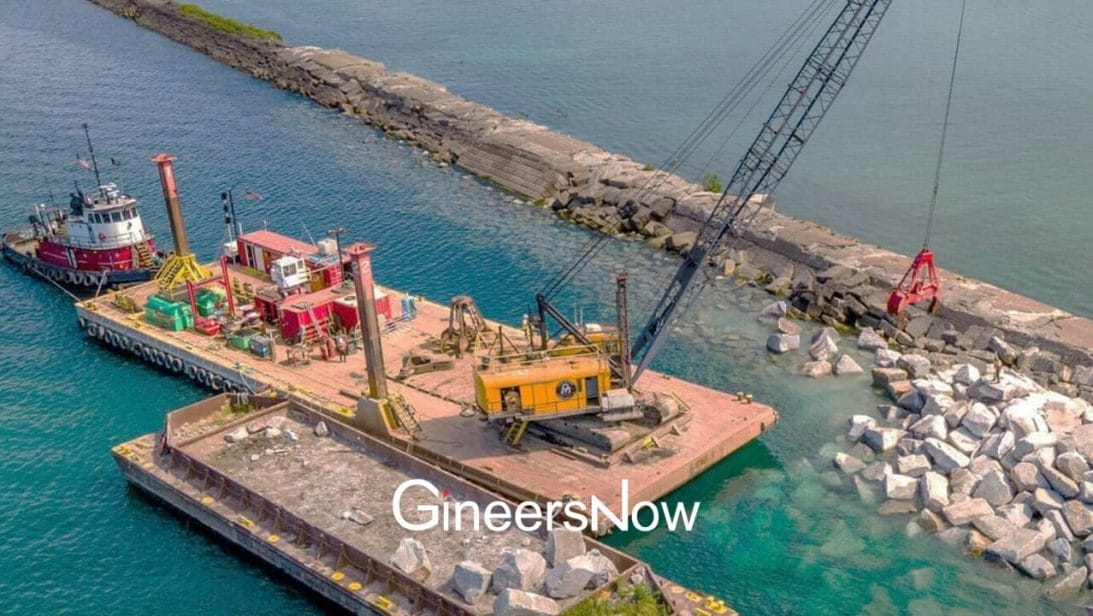
Autonomous Operation of Landing Craft Transport and Deck Barges in the Philippines
The Philippines has been facing several challenges in terms of its maritime operations. One of the biggest challenges is the inefficient and unsafe transportation of goods through landing craft transport and deck barges. These vessels are mainly used to transport heavy equipment, such as construction materials, vehicles, and even military personnel. The country has seen a rise in accidents involving landing craft transport and deck barges due to human error or poor weather conditions.
To address this issue, the Philippine government is exploring autonomous operation technologies for landing craft transport and deck barges. Autonomous vessels have several advantages over traditional manned ships. They are safer since there is no risk of human error or fatigue, which can lead to accidents at sea. Additionally, autonomous vessels can operate 24/7 without rest periods for crew members, leading to increased efficiency in cargo transportation.
Advancements in Propulsion Systems and Fuel Efficiency of Landing Craft Transport and Deck Barges in the Philippines
The Philippines is known for its beautiful beaches and stunning islands, but it is also a country that heavily depends on maritime transportation. With more than 7,000 islands to connect, the need for efficient landing craft transport (LCTs) and deck barges is crucial. Fortunately, advancements in propulsion systems have improved the fuel efficiency of these vessels, making them more economical and sustainable.
One of the latest innovations in propulsion systems is the use of hybrid electric power. This technology combines diesel engines with electric motors to reduce emissions and improve fuel efficiency. Hybrid LCTs can run on electricity alone during low-speed operations such as docking or maneuvering in tight spaces, saving up to 30% on fuel consumption compared to traditional diesel-powered vessels.
Another advancement is the use of lightweight materials in vessel construction. Aluminum alloys are becoming increasingly popular as they offer significant weight savings without compromising strength or durability.
Innovative Cargo Handling Technologies of Landing Craft Tanks and Deck Barges in the Philippines
The Philippines is at the forefront of innovative cargo-handling technologies for landing craft tanks and deck barges. These vessels are essential in transporting goods and materials, especially in coastal areas where ports are not readily accessible. The country has made significant strides in enhancing the efficiency and safety of these ships.
One of the most critical developments in cargo handling technology is automation. Automated systems have been introduced to streamline loading and unloading processes while reducing human error. This system allows for faster turnaround times, which means that goods can be delivered to their destinations more quickly.
Another innovation in cargo handling technology is the use of hydraulic ramps on landing craft tanks and deck barges. These ramps make it easier to load and unload heavy equipment, vehicles, and other types of cargo from these ships. Additionally, they help reduce the risk of damage to goods during transportation by providing a stable platform for loading or unloading.
Read GineersNow Technology Magazine for Free
Final Thoughts: Latest Techs in Landing Craft Tanks and Deck Barges
In conclusion, the technological advancements in landing craft tanks and deck barges continue to enhance marine transport operations. The implementation of these latest technologies has not only improved efficiency but also reduced environmental impact, making marine transportation a more sustainable mode of transport. These innovations have also opened up new opportunities for businesses, especially those in the oil and gas industry. Therefore, it is imperative that we continue to invest in research and development to elevate marine transportation further. It is time for us to embrace progress and push forward toward a more prosperous future for the industry. Let us work together to create a more efficient, sustainable, and profitable system.
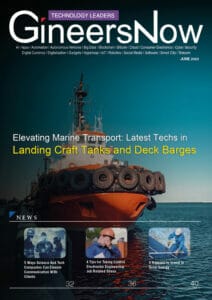
Editor’s Note
Marine transport has been an essential aspect of global trade and commerce for centuries. From transporting goods to military equipment, the sea has proved to be a reliable mode of transportation. In recent years, there have been numerous advancements in marine technology that has made shipping more efficient and cost-effective. Among these technologies are landing craft transport (LCTs) and deck barges.
LCTs and deck barges are specialized vessels designed for the transportation of heavy cargo, including vehicles and machinery. They have become increasingly popular due to their versatility, efficiency, and cost-effectiveness. The latest advancements in LCTs and deck barges have made them even more efficient in handling different types of cargo while ensuring safe delivery to their destination.
The latest technologies in landing craft transport and deck barges are elevating marine transport to new heights. With improved efficiency, safety, and sustainability, these advancements are streamlining operations and reducing environmental impact. The incorporation of automation, digitalization, and alternative fuels is indicative of a promising future for the maritime industry. As demand for marine transportation continues to grow, it is crucial that we embrace these innovations and continue to invest in their development. By doing so, we can ensure a more efficient, cost-effective, and sustainable future for marine transport. Let us work together to propel this vital industry forward into the next era of innovation.


